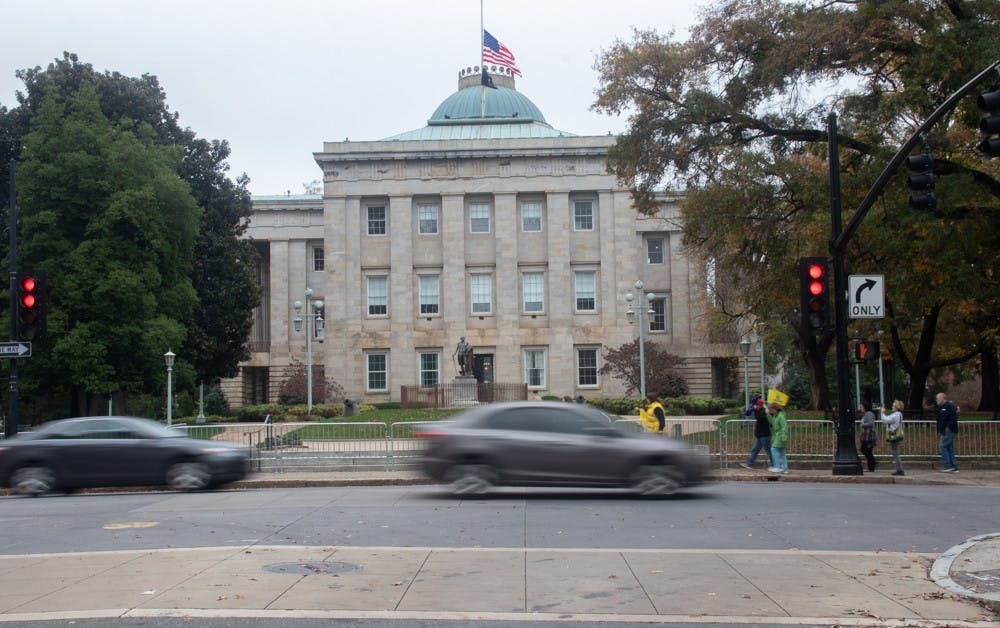More than 55,000 North Carolina residents were granted the right to vote. Until they weren’t.
On Sept. 3, 11 days after the Wake County Superior Court ruled to restore voting rights to North Carolina residents on felony probation or parole, the N.C. Court of Appeals overturned that decision, and the N.C. Supreme Court upheld the Court of Appeals decision Friday. The case was brought by the Community Success Initiative against N.C. Speaker of the House, Rep. Tim Moore, R-Cleveland.
The appeal of the ruling strips them of their eligibility to vote, effective immediately.
Uncertainty around voting
Confusion continues to surround felons’ ability to return to their communities and vote. And the reversal of the ruling on CSI v. Moore has only caused that uncertainty to grow, said Joselle Torres, the communications manager at Democracy North Carolina.
Torres said the initial ruling was a victory for voter rights, which her organization had been fighting to gain for a long time. When the ruling was announced, Democracy N.C. updated its voter registration resources and was excited to register new voters, she said.
The N.C. Supreme Court granted residents who registered during the 11-day window an exception to the overturned ruling, but uncertainty lingers among voters, Torres said.
“It really causes additional confusion in the midst of voter registration efforts before a large municipal election cycle and puts the folks that are returning citizens in a place where it's even more unknown than before the ruling went down,” Torres said.
Katelin Kaiser, a voting rights legal fellow at Southern Coalition for Social Justice, said citizens’ voting rights are restored once they are off probation and parole, but the issue is determining when they get those rights back.




